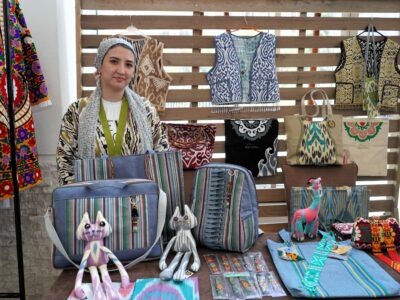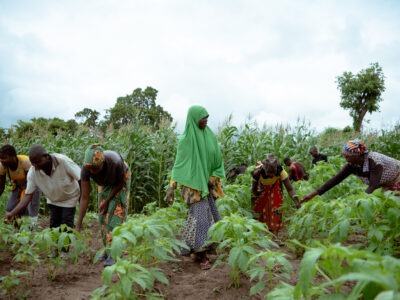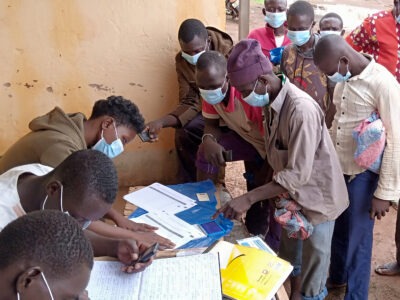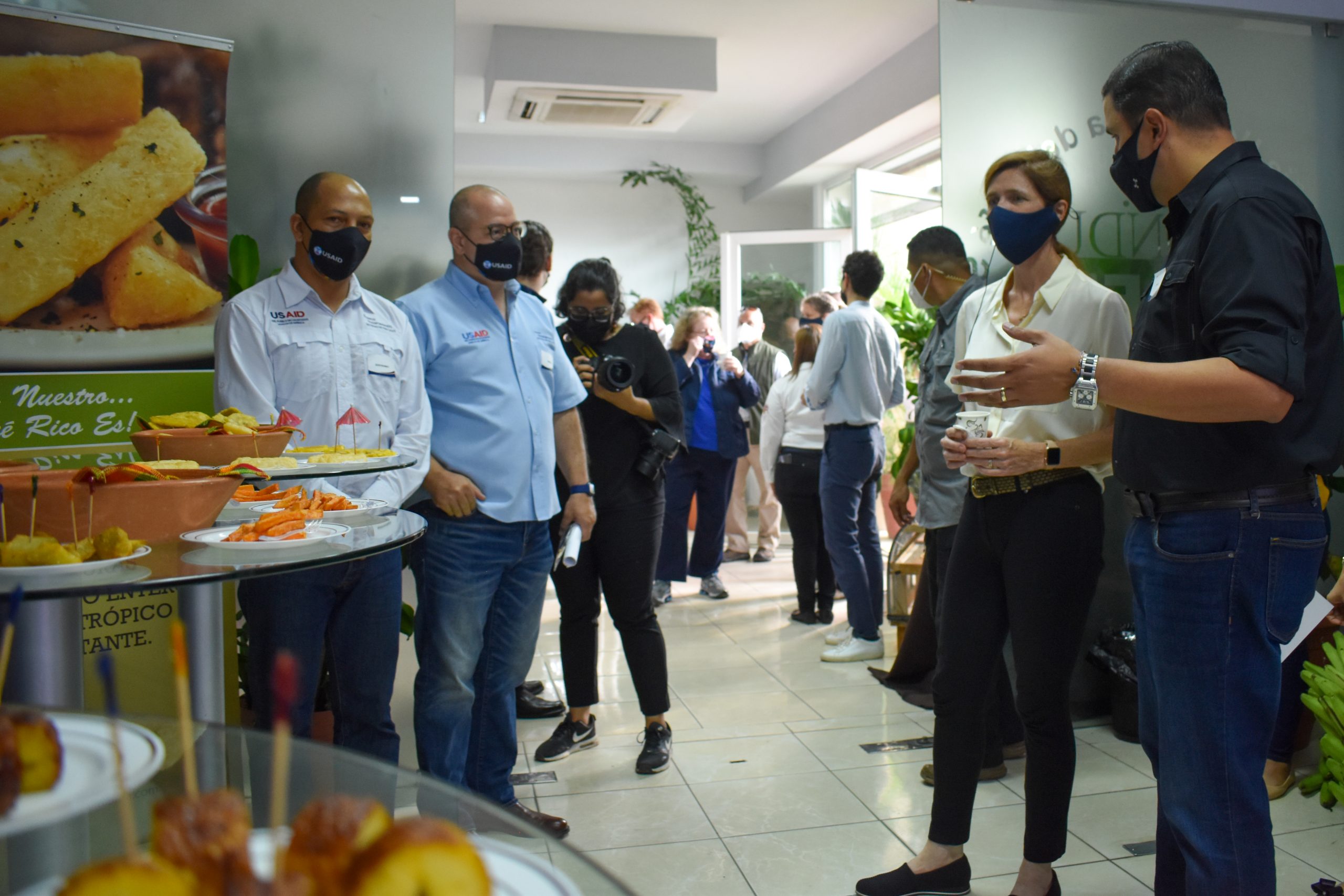
This month, USAID Administrator Samantha Power made her first trip abroad since being sworn in. On June 13, she traveled to Honduras to assess USAID programs promoting economic growth and stability in the country, including the USAID Transforming Market Systems (TMS) Activity, implemented by ACDI/VOCA. The TMS Activity collaborates with the government of Honduras, USAID/Honduras, public organizations, and companies to address the root causes of migration and build a more secure, inclusive Honduras. By helping grow demand for local products, creating self-employment, and generating new jobs and income, the TMS Activity is facilitating systemic changes within markets to curb migration out of the country.
Plant Employees Find New Hope
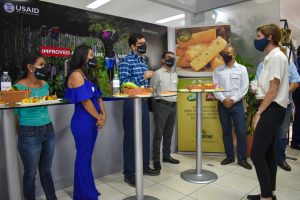
In San Pedro Sula, Administrator Power met with several Hondurans involved with the TMS Activity, including Roxana Hernández Mejía and José Abel Ramírez. Roxana and José Abel both began working at an agro-processing plant opened by Inalma, an MIC Food subsidiary, as a direct result of its partnership with USAID. Roxana once struggled to pay for her own housing, and José Abel attempted to migrate to the U.S. several times in the past. Now, both are earning an income that allows them to stay in the country. Inalma expects the plant to generate 500 new jobs and $7 million in incremental sales.
The plant collects produce that previously went to waste because it did not meet buyers’ demands and uses it for new products, such as pre-peeled frozen plantains. After Hurricanes Eta and Iota, the TMS Activity helped Honduran farmers negotiate loan repayments and recover 80 percent of their harvests. Because of that assistance, the plant now sources 70 percent of its produce locally, instead importing it from neighboring countries.
A Second Chance for Entrepreneurs Hit by Hurricanes and COVID-19
Administrator Power also spoke with three young entrepreneurs who received small grants from village banks, or cajas rurales, through the Small Grants Facility, as part of the Biden Administration’s 90-Day Plan. To provide the grants, the TMS Activity partnered with a local organization called the Foundation for Rural Business Development, which coordinates a nationwide network of 600 cajas rurales that serve more than 30,000 families.
As a result, entrepreneurs found ways to support their families without migrating. Byran Méndez reactivated his farm and rehired the six staff members he let go after losing 70 percent of his okra crop during the hurricanes. Denia Calderón used the grant to improve her okra farm. And Yesenia Armas, who lost her factory job during the COVID-19 pandemic, opened her own silk-screening shop called Armas Shop.
The TMS Activity also provided small grants through two other partner organizations: Fundación Covelo, which coordinates a nationwide network of 45 microfinance institutions; and the Foundation for the Honduran Concessionary for Coca-Cola Corporation, which serves 15,000 small shops, or pulperias.
Temporary Work Visas for Legal Migration Opportunities
Lastly, Administrator Power met with individuals who received or will soon receive temporary work visas to legally work in the U.S. and send remittances back to their families in Honduras. The Honduran government’s Temporary Work Abroad Program, which collaborates with the TMS Activity, aims to promote secure migration for Hondurans who may otherwise be inclined to migrate irregularly.
A Commitment to Expanding Opportunities
Administrator Power’s visit reinforced the TMS Activity’s ongoing efforts to promote a more prosperous and secure Honduras. Administrator Power reiterated USAID’s commitment to these efforts. She also announced nearly $24 million to expand the country’s employment opportunities and participation in elections.
Learn more about the USAID Transforming Market Systems Activity.
Learn more about our work in Honduras.

